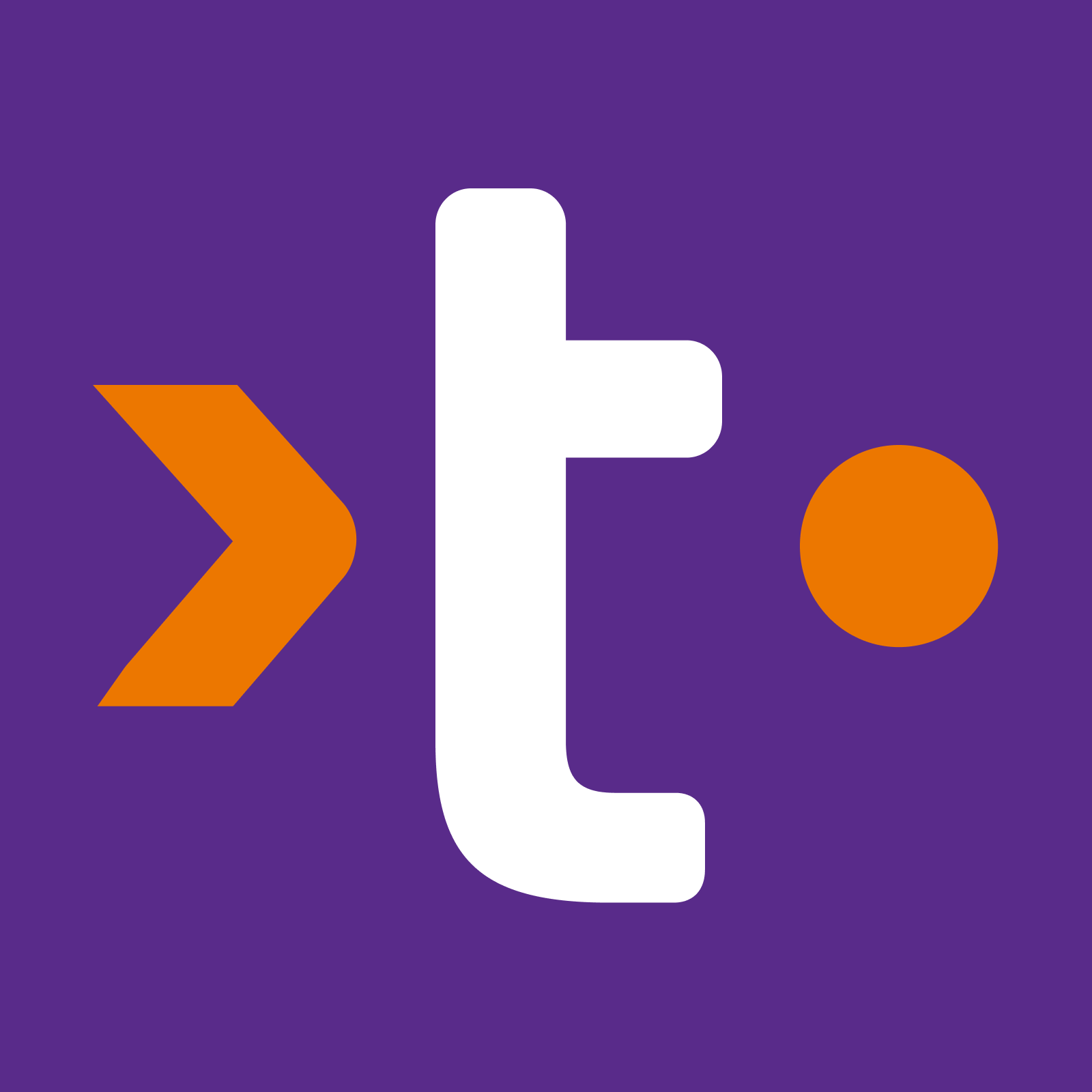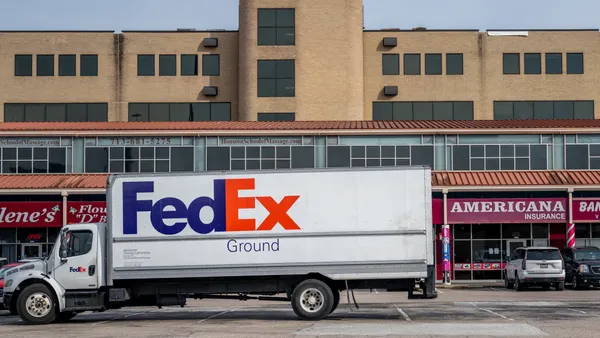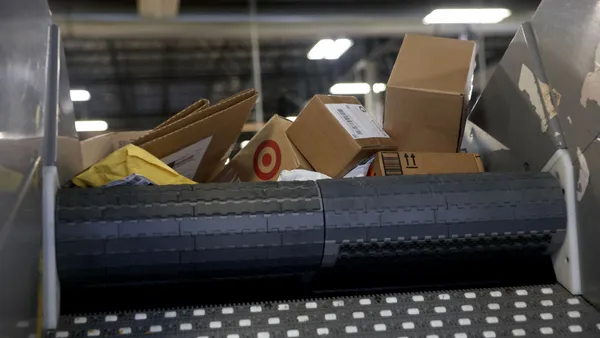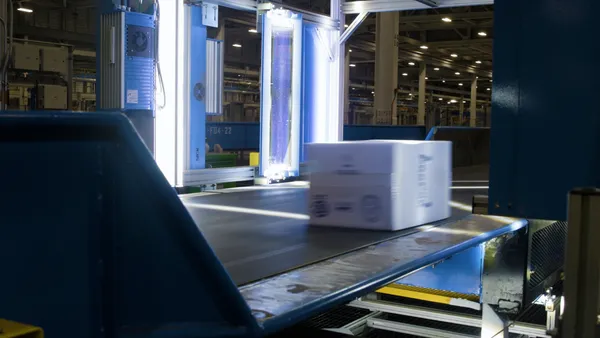Dive Brief:
- The National Highway Traffic Safety Administration (NHTSA) on Thursday announced it granted autonomous vehicle (AV) company Nuro a temporary exemption from certain federal requirements on low-speed driverless vehicles.
- The exemption applies to Nuro's R2, a zero-occupant, low-speed delivery vehicle designed to carry consumer products such as groceries, packages and restaurant orders. It is the first company to be granted such an exemption.
- Nuro Co-founder Dave Ferguson wrote in a blog post that R2 will begin public road testing in Houston in the coming weeks, deploying 5,000 R2 vehicles during the two-year exemption, according to NHTSA.
Dive Insight:
Nuro's ability to make deliveries at the street level makes it unique when compared to other autonomous vehicles. Delivery robots from the logistics giants FedEx and Amazon stick to the sidewalk. Meanwhile, driverless trucking companies are, for now, sticking to the highway for their autonomous operations.
R2 is a second-generation vehicle from the AV company, which launched its R1 vehicle in Scottsdale, AZ in 2018 in a delivery pilot with Kroger. The R2's design includes zero-emission propulsion and a custom battery solution, and due to the exemption, it will not include features such as mirrors or a windshield, which are traditionally required by the U.S. Department of Transportation (USDOT).
Ferguson said the exemption follows three years of discussion with the agency to figure out how to separate requirements for zero-occupant delivery vehicles, like the R2, from driverless vehicles designed to carry passengers. In late 2018, the company submitted a voluntary safety report to USDOT to accelerate deployment.
He touted USDOT and NHTSA's exemption process as one designed to accommodate these types of disruptive vehicle technologies, showing the agencies' willingness to allow safety and innovation to "advance together."
Once on the road in Houston, the R2 vehicles have the potential to transform how consumers interact with on-demand deliveries. In June 2019, Nuro announced it will eventually launch a pizza delivery partnership with Domino's, which will be complemented by R2 vehicle tracking via the Domino's app. Nuro also announced a partnership with Walmart for grocery deliveries, and the company is reportedly in talks with Uber about a partnership to automate Uber Eats deliveries.
Some industry leaders are disappointed in NHTSA's decision. In a statement, Larry Willis, president of the Transportation Trades Department, AFL-CIO (TTD), said the exemption was issued " without any thoughtful regulatory framework in place," and puts the "interests of tech companies over the safety of the traveling public."
"Until legitimate safety concerns raised by transportation labor and many other key stakeholders are addressed, the exemption of standard safety features on autonomous vehicles is a dangerous and completely irresponsible abdication of NHTSA's duties," he said.
Regardless of public and industry feedback, it is likely Nuro will move forward with its deployment plans and pave the way for similar self-driving delivery companies.
During Nuro's exemption period, the NHTSA will closely watch the company and require mandatory reports regarding the operation of R2s and their automated driving systems.















